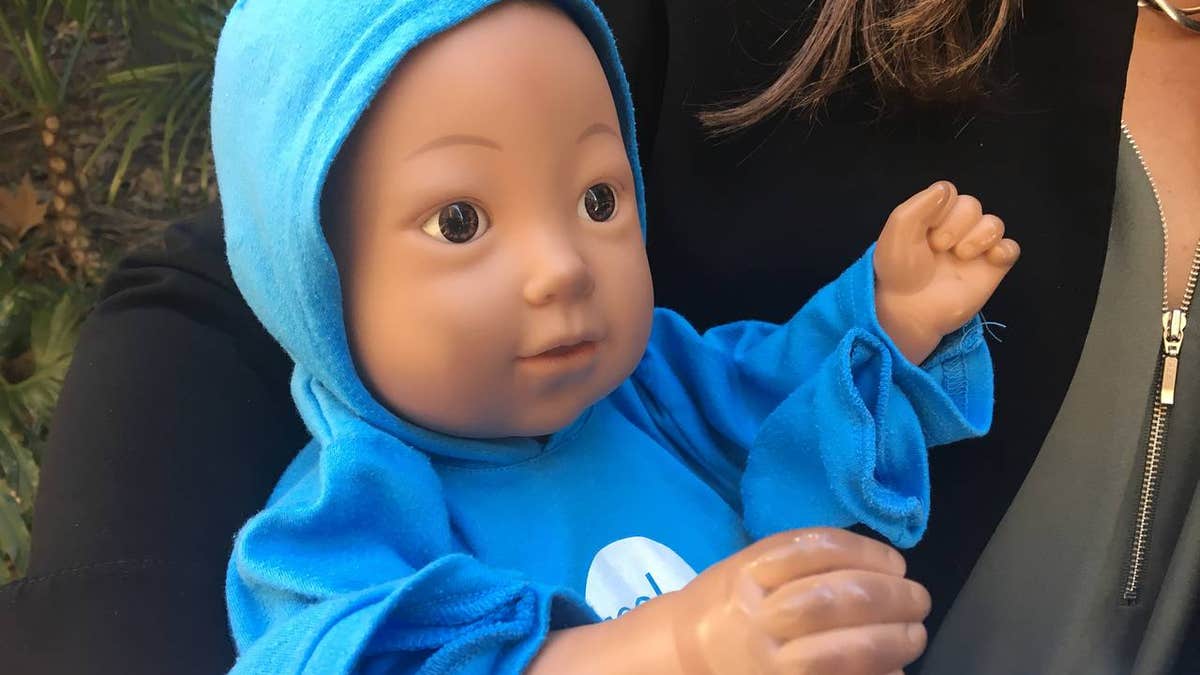
(Australian Science Media Centre)
A weekend spent mothering a robot baby to mirror the “real experience” of parenting is meant to discourage teenage girls from getting pregnant. But so-called Baby Think it Over dolls don't cut teen pregnancy rates and in fact increase the risk, Australian research has found.
In a study published in The Lancet medical journal Friday, researchers found teenage girls who used the lifelike computerized dolls as part of a pregnancy-prevention program were more likely to become pregnant compared with girls receiving a less high-tech sex education.
“The program was supposed to put students off and then they would take extra steps not to get pregnant,” said study authorSally Brinkman, of the Telethon Kids Institute in Western Australia. “Unfortunately, and surprisingly for us, the intervention we can say definitely didn’t work and it actually seemed to increase the pregnancy rates. It just didn’t really work in putting the students off.”
The robo-babies, known properly as infant simulators, were developed 20 years ago by former NASA engineer Rick Jurmain,who with his wife founded U.S.-based manufacturer Realityworks. The company didn’t immediately respond to emailed inquiries from The Wall Street Journal.








































